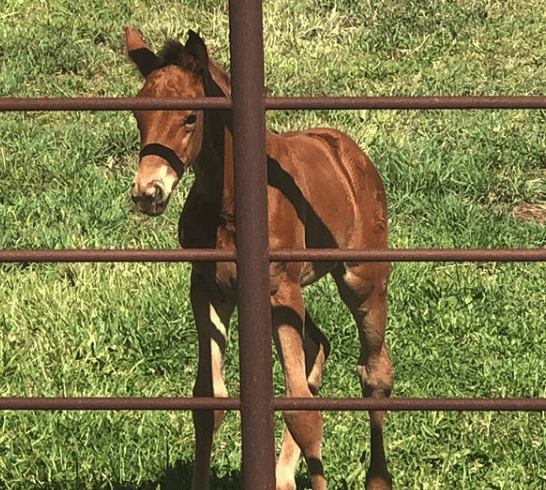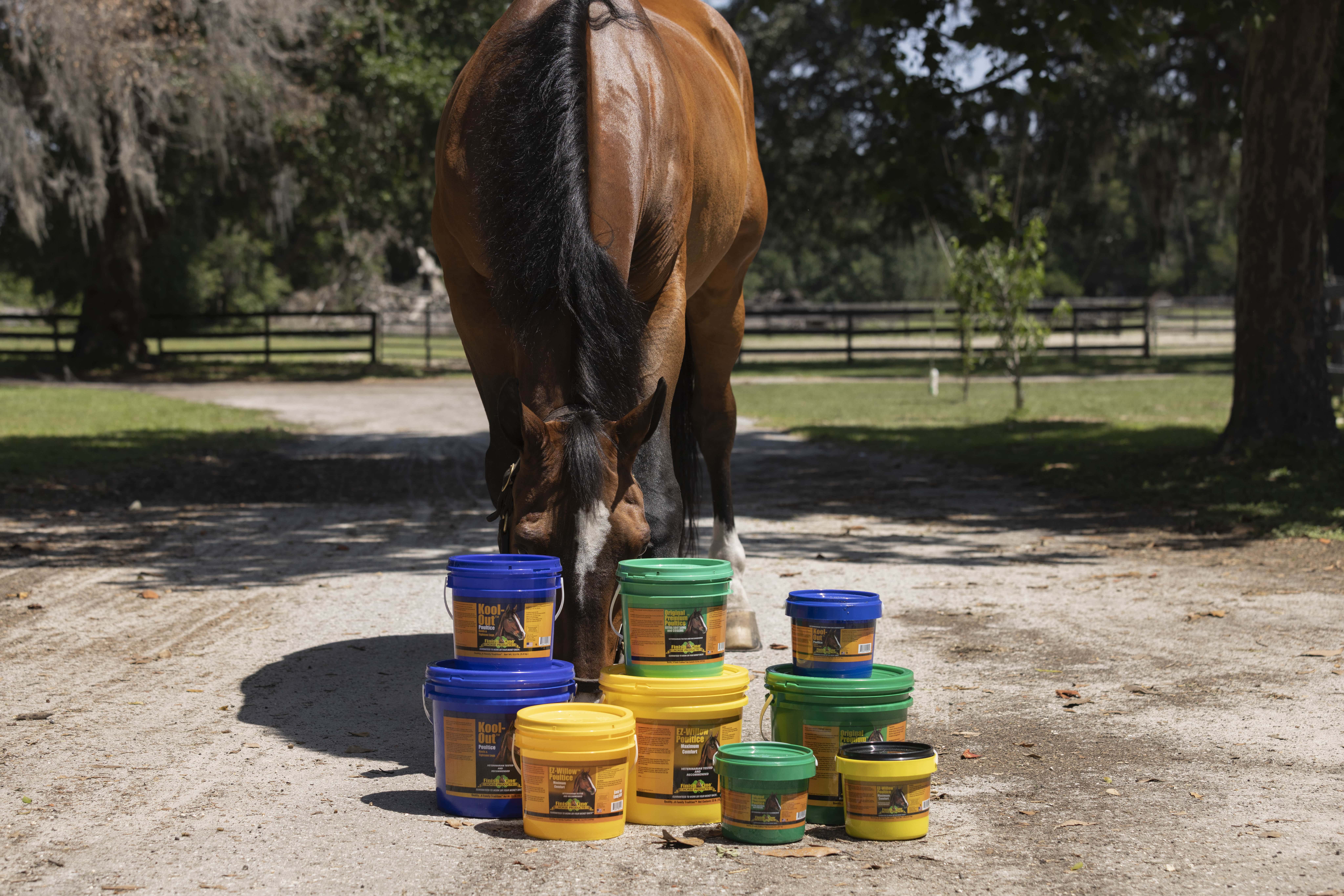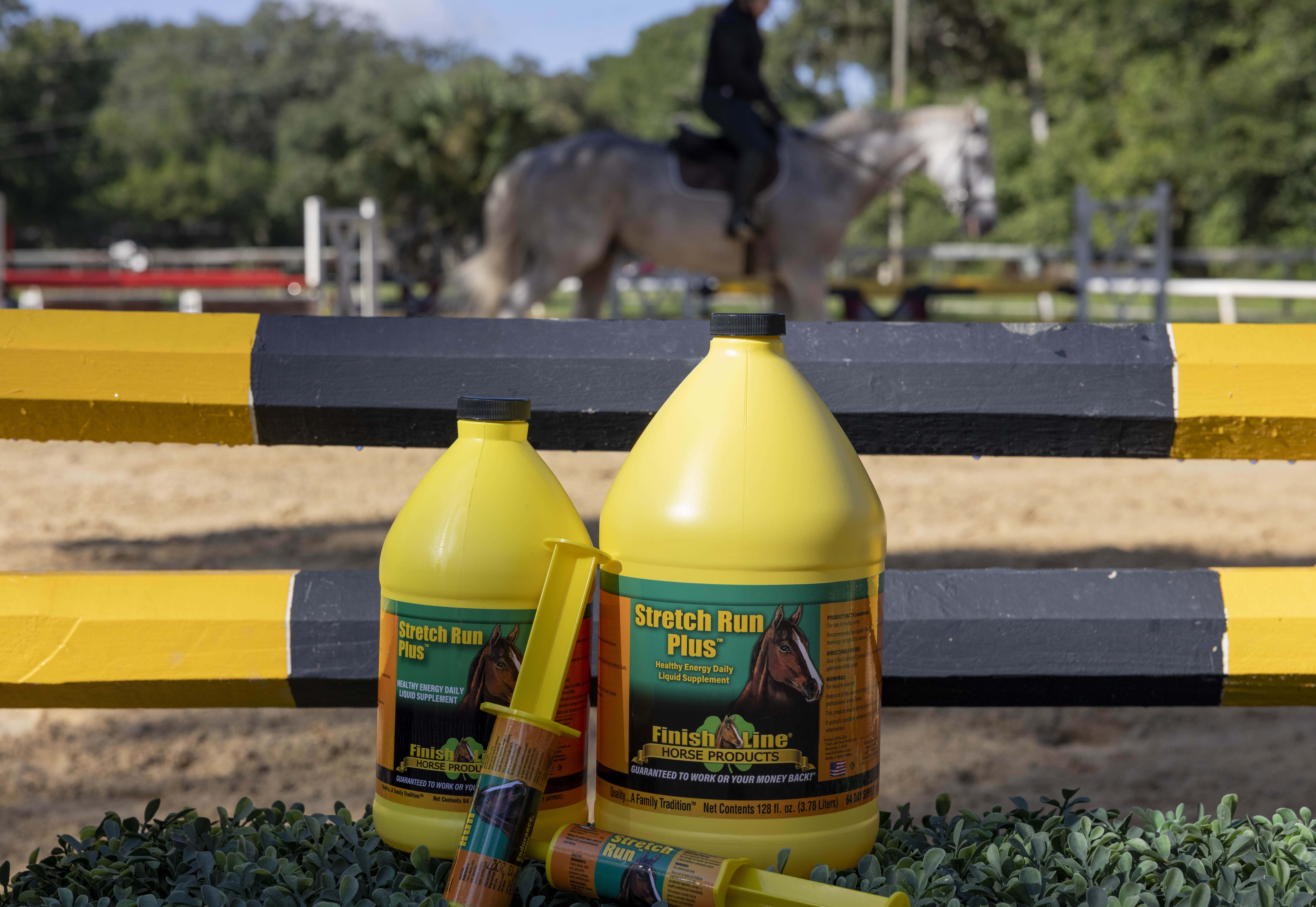Paying attention to gastric health in horses is important for any owner or breeder. A horse’s digestion of nutrients is key to not only its overall well-being and physical health, but may also affect its mood and outward appearance, such as the hooves or coat. Interruptions or complications to this process, like ulcers, inflammation or gastritis, can have negative impacts on an equine’s health.
Owners are very often aware of this fact and take particular steps to ensure their horses are well-fed and maintained. Poor nutrition and stress can lead to the development of painful gastric conditions, which could worsen over time if not prevented, identified or corrected. Commonly, gastric health is a primary concern for show horses that are constantly on the road, in a trailer or otherwise exposed to foreign stressors that could lead to problems.
However gastric health cannot be ignored when it comes to broodmares both before and after and foaling. While assumed to be less prone to gastritis and ulcers than bustled-around show horses, breeding mares are just as susceptible to the same dangers and those managing their pregnancy must be sure to take all precautions and measures to deal with gastric health, as foals themselves can also be affected.
Ulcers in mares may be more frequent than thought
Research published in The Veterinary Journal highlights just how widespread a problem ulcers are broodmares can be, though it’s very often underestimated. Researchers from the Comparative Gastroenterology Laboratory at the School of Veterinary Medicine, University of California, performed gastroscopic examinations on 62 thoroughbred broodmares (almost evenly split between pregnant and not) at one farm to gauge ulcer frequency. The researchers found overall prevalence was 70.9 percent and ulcers had a median score of 3 on a 2-5 range. Researchers could not identify one single factor or another (age, feed type, breeding history) to being associated with ulcers, but did note the rate of incidence was “unexpectedly high.”
What might lead to ulcers in broodmares?
When performance horses develop gastric conditions, it is often likely due to overexertion, competition or long-distance travel. None of these conditions are typically present at farms with breeding mares, so the specter of ulcers seems to lessen. However, there are a number of different stressors that may affect broodmares during their foaling that owners and breeders might not be as attuned to.
Pregnancy and foaling is a sensitive time for mares, and slight differences to established routines or preferences that need to be made may upset them enough to affect digestive health, including/as well as experiences like:
• Being separated from herd mates during later stages of pregnancy
• Traumatic events such as injury
• Breeding for the first time or at new facilities
• Stalling after long times out at pasture
• Increases or changes to grain diets
“There are a number of different stressors that may affect broodmares.”
Inadequate diets can also lead to gastric problems in pregnant mares, which causes problems for foals in the womb who need to get nutrition and may lead to below-average birth weights. In all, there are many aspects of daily life for a broodmare to be attentive to regarding the possibility of ulcers.
“Because broodmares are often kept on pasture and don’t necessarily encounter risk factors for gastric ulcers, such as training or competing, we don’t often think of open broodmares as being at risk for stomach ulcers,” April Knudson, manager of Veterinary services at Merial, told Horse Channel. “The reality is [o]ther stressors may play a role in the development of stomach ulcers. Trailering and stall confinement at an unfamiliar facility could cause stomach ulcers, potentially leading to poor body condition, poor hair coat or even a change in attitude.”
What can owners and breeders do?
Understanding the risks ulcers pose to broodmares and foals, owners and breeders have options before them to promote good gastric health:
- Allow mares to exercise: While running drills isn’t the goal, letting breeding mares exercise (until a point in the pregnancy) helps them relieve and avoid stress. Excessive stalling during foaling could have adverse effects on mood, gastric and well-being.
- Treat ulcers after birth: After foaling, ulcers do not magically become a nonissue; they can still have consequences for both the recovering mare and her newborn foal. Ulcers in a mare can lead to low milk production, which in turn can cause ulcers in the foal.
- Focus on a nutritious diet: A broodmare’s feed intake is vital to foaling and gastric health. Ensuring a high-quality feed and regular grazing can help keep the horse healthy and her spirits up.








